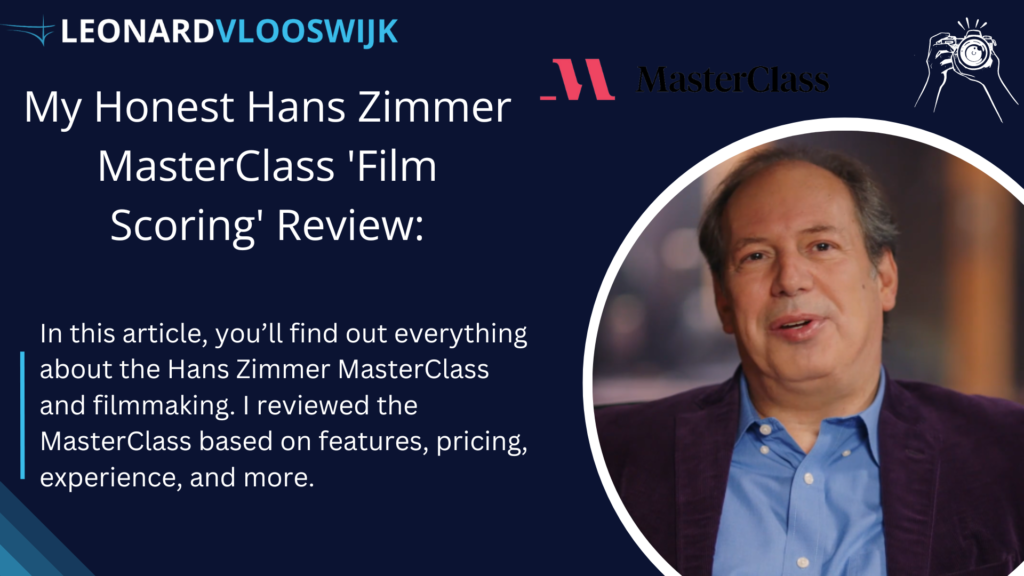If you love the music in movies, you’re in for something special. The Hans Zimmer MasterClass on Film Scoring is your chance to learn from one of the best composers in the business.
I’ve already reviewed some of the best MasterClasses out there, such as the Daniel Negreanu MasterClass or the Neil Gaiman MasterClass. In this article, we’ll talk about what the Hans Zimmer MasterClass is all about – from what you’ll learn to how much it costs.
Whether you’re a beginner musician, a movie lover, or just curious, come along as we explore the world of making music for movies with the amazing Hans Zimmer.
Let’s get right into it guys.
First Things First: Who Is Hans Zimmer?
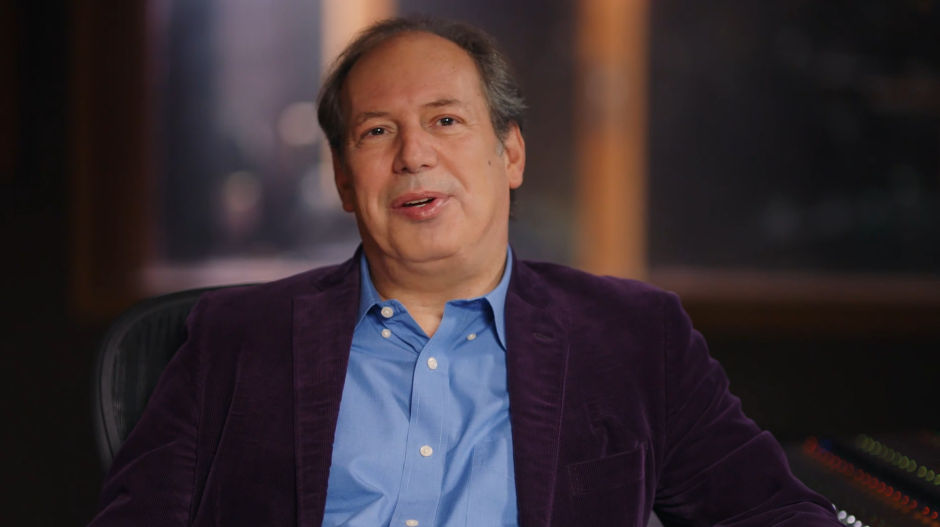
Hans Zimmer is a composer and music producer from Germany. He was born on September 12, 1957, in Frankfurt, Germany. He’s been making music for more than 40 years! Hans started playing the piano when he was young and later studied music in London. After that, he got into making music for movies, and he’s been really successful at it.
Hans Zimmer has worked on lots of famous movies with famous directors like Christopher Nolan and Steven Spielberg. You’ve probably heard his music in movies like “The Lion King” and “Pirates of the Caribbean.” He’s won many awards for his music because it’s so good at making movies feel exciting and emotional.
Hans Zimmer isn’t just good at making music for movies. He’s also really good at using new technology to make his music sound even better. He’s a leader in his field and has inspired lots of other musicians and filmmakers.
A Quick Look at MasterClass
Before we dive into the specifics of the Hans Zimmer MasterClass, let’s take a quick look at what MasterClass is all about. If you’re not familiar with MasterClass yet, you can check out my MasterClass review first! I’ll give you a brief rundown of this popular online learning platform.
What Is MasterClass?

MasterClass is an online platform that offers classes taught by world-renowned experts in various fields. Whether you’re interested in cooking, music, writing, or even space exploration, MasterClass has something for everyone. The platform gives you access to video lessons, interactive assignments, and exclusive content created by top professionals in their respective industries.
One of the key features of MasterClass is its high production value. The classes are beautifully filmed and edited, making it feel like you’re getting a one-on-one lesson from the instructor. Plus, the instructors themselves are household names, which adds to the allure of the platform.
MasterClass isn’t just about learning practical skills; it’s also about gaining insight into the minds of masters. Each class offers a unique opportunity to learn from the best in the business like Ninja or Steph Curry, and gain valuable knowledge and inspiration along the way.
The platform is designed to be user-friendly, with an intuitive interface that makes it easy to navigate and access all the available content. Whether you’re a beginner or an experienced professional, MasterClass provides a platform for lifelong learning and personal growth.
Let’s take a closer look at the Hans Zimmer MasterClass!
Hans Zimmer MasterClass ‘Film Scoring’ Lesson Summary
- Introduction
- Themes
- Story
- Directors: Part 1
- Directors: Part 2
- Directors: Part 3
- Sound Palettes
- Creating With Synths
- Scoring to Picture
- Scoring Under Dialogue
- Tempo
- Tempo: Sherlock Holmes Scene
- Music Diary: Sherlock Holmes
- Character
- Character Theme: Batman
- Character Theme: The Joker
- Character Theme: Jack Sparrow
- Case Study: Frost/Nixon
- Case Study: The Dark Night
- Working With Musicians
- Working With Musicians: The Orchestra – Part 1
- Working With Musicians: The Orchestra – Part 2
- Feedback & Revisions
- Audience Feedback
- Writing Tips: Part 1
- Writing Tips: Part 2
- Hans’ Journey
- Learning by Listening
- Life of a Composer: Part 1
- Life of a Composer: Part 2
- Closing
Hans Zimmer MasterClass Lesson Breakdown
The Hans Zimmer MasterClass on Film Scoring is an online course tailored to musicians and enthusiasts who want to delve into the world of composing music for movies.
With 31 in-depth video lessons spanning over 5 hours and 40 minutes, this MasterClass offers a rare opportunity to learn from one of the most prolific composers in the film industry.
Let’s break down each lesson to understand the wealth of knowledge it offers.
1. Introduction:
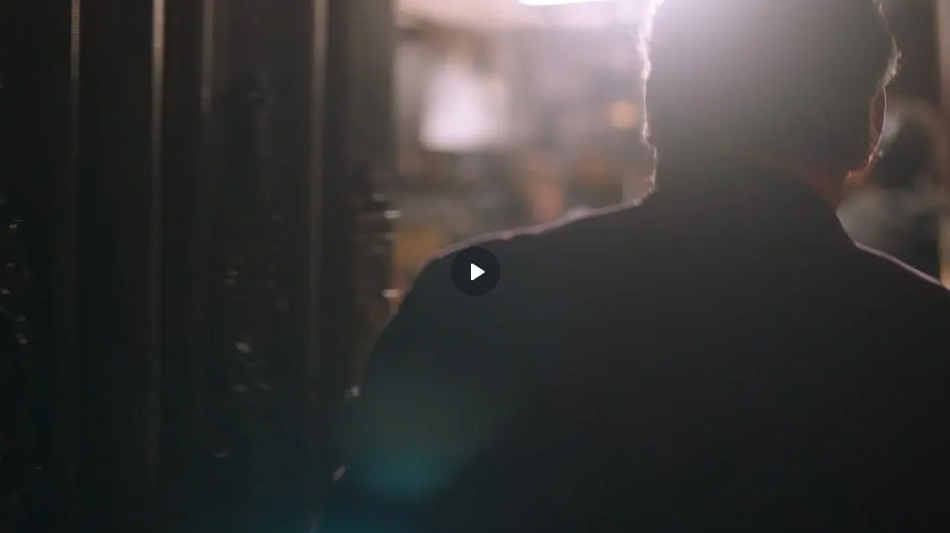
Hans Zimmer warmly welcomes participants to the course, offering insights into his personal journey as a composer and the philosophy that drives his creative process. He sets the tone for the MasterClass and outlines the key topics that will be covered throughout the lessons.
2. Themes:
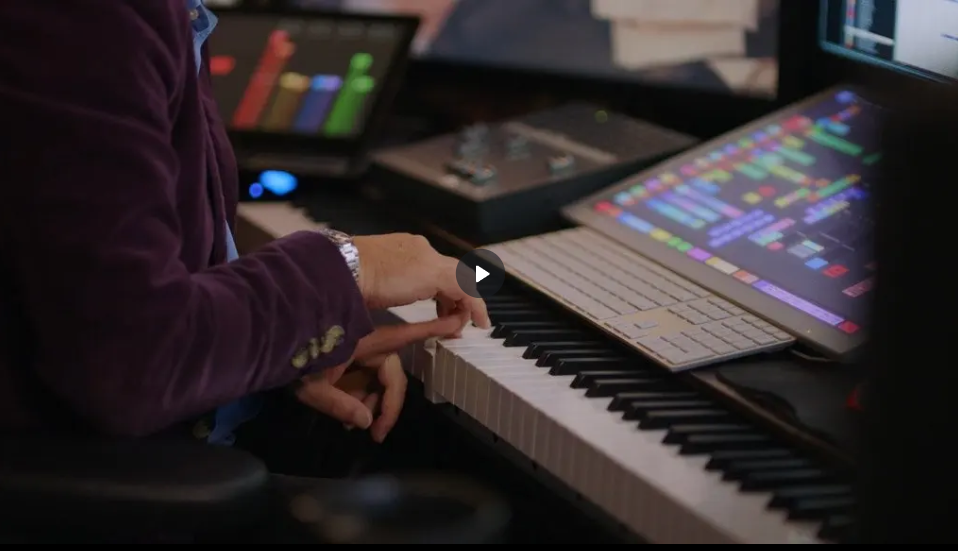
Hans Zimmer explores the significance of themes in film scoring, discussing how they contribute to character development, narrative cohesion, and emotional resonance. He shares techniques for developing and integrating themes seamlessly into a film’s score.
3. Story:
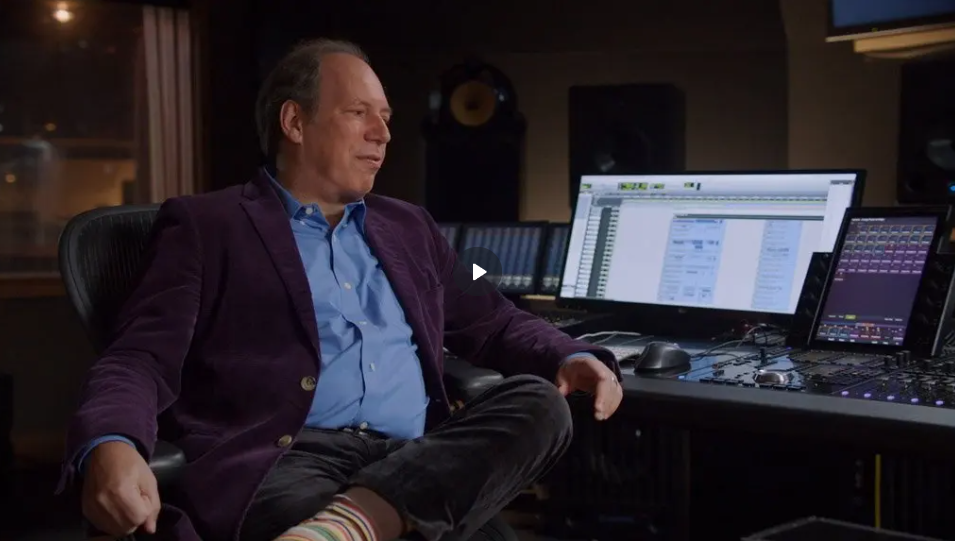
In this lesson, Zimmer emphasizes the importance of understanding the story and narrative arc of a film when composing music. He discusses how music can enhance storytelling and evoke specific emotions in audiences, highlighting examples from his own work.
4. Directors: Part 1, 5. Directors: Part 2, 6. Directors: Part 3:
Hans Zimmer delves into the collaborative process of working with directors, sharing his experiences and insights from collaborating with various filmmakers throughout his career. He discusses the dynamics of the director-composer relationship and the importance of aligning creative visions.
7. Sound Palettes:
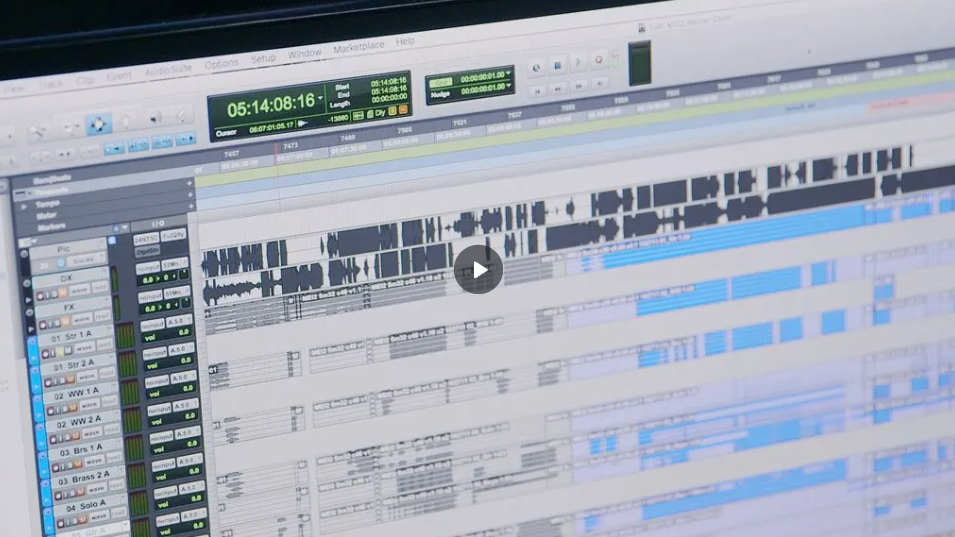
Zimmer explores the concept of sound palettes and how they shape the overall tone and atmosphere of a film’s score. He discusses techniques for selecting and manipulating sounds to create unique sonic textures that complement the visuals on screen.
8. Creating With Synths:
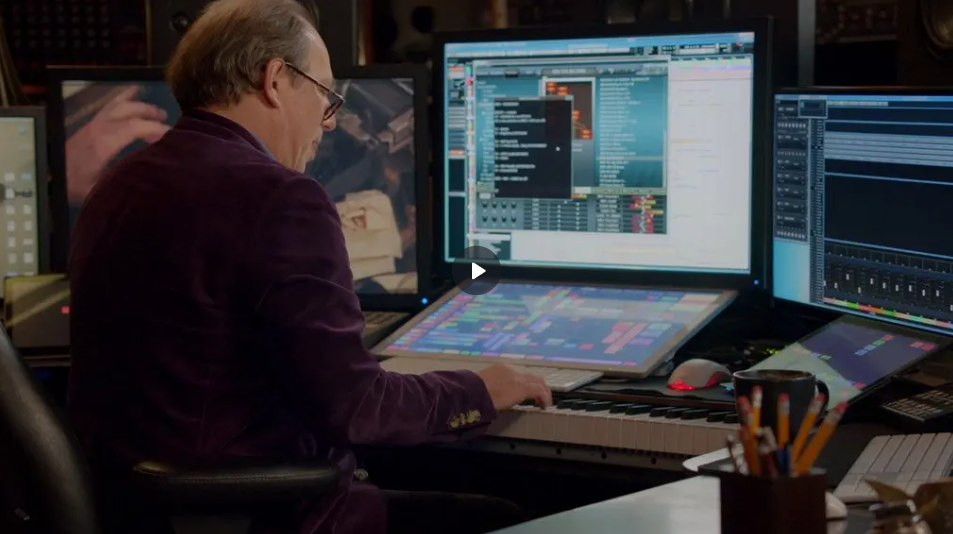
This lesson focuses on the use of synthesizers in film scoring, with Zimmer providing practical tips and demonstrations on crafting electronic sounds and textures. He explores the versatility of synths and their ability to add depth and complexity to a film’s soundtrack.
9. Scoring to Picture:
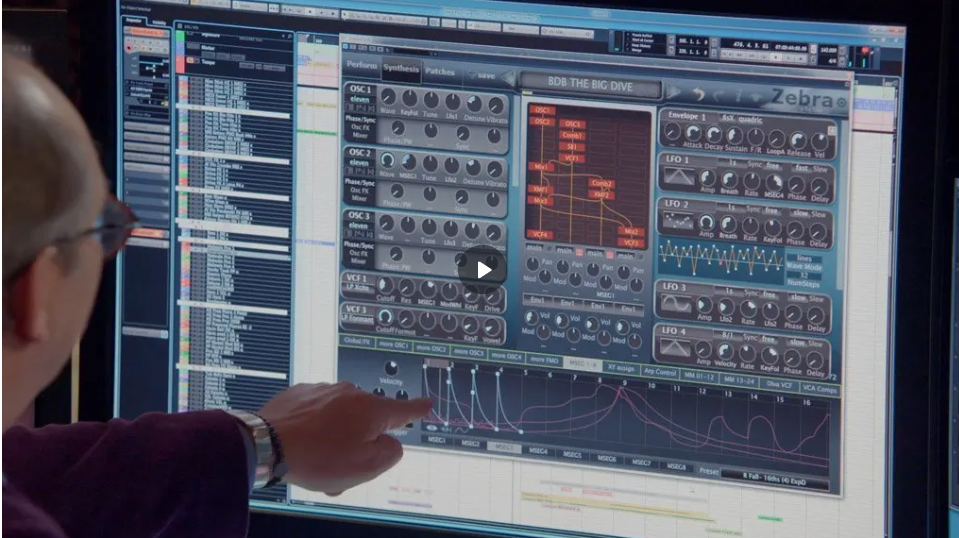
Hans guides students through the process of scoring music to picture, discussing synchronization techniques, timing considerations, and the importance of pacing and rhythm in film scoring. He shares his approach to scoring specific scenes and demonstrates how music can enhance visual storytelling.
10. Scoring Under Dialogue:
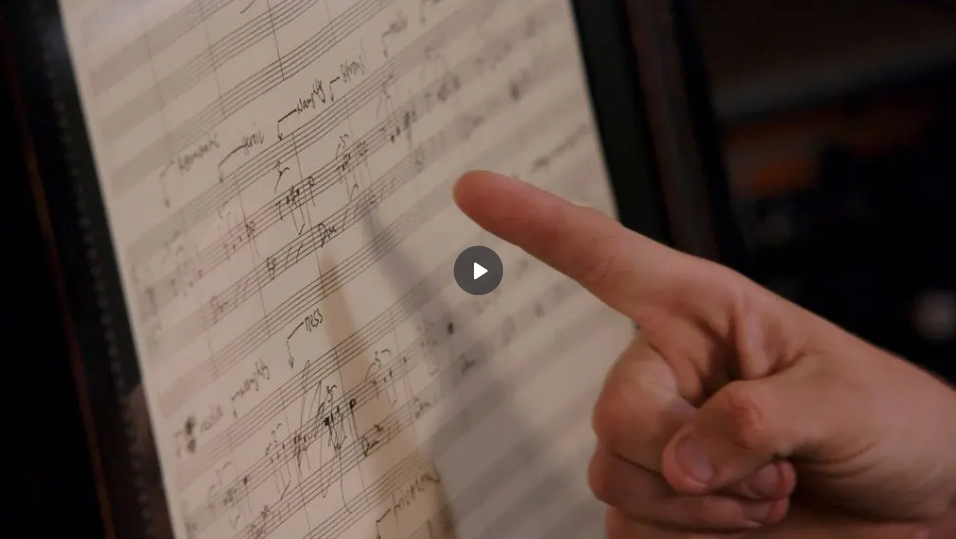
This lesson focuses on scoring music to accompany dialogue scenes, with Hans providing insights into balancing music and dialogue effectively. He discusses techniques for maintaining clarity and emotional impact while supporting the dialogue with music.
11. Tempo:
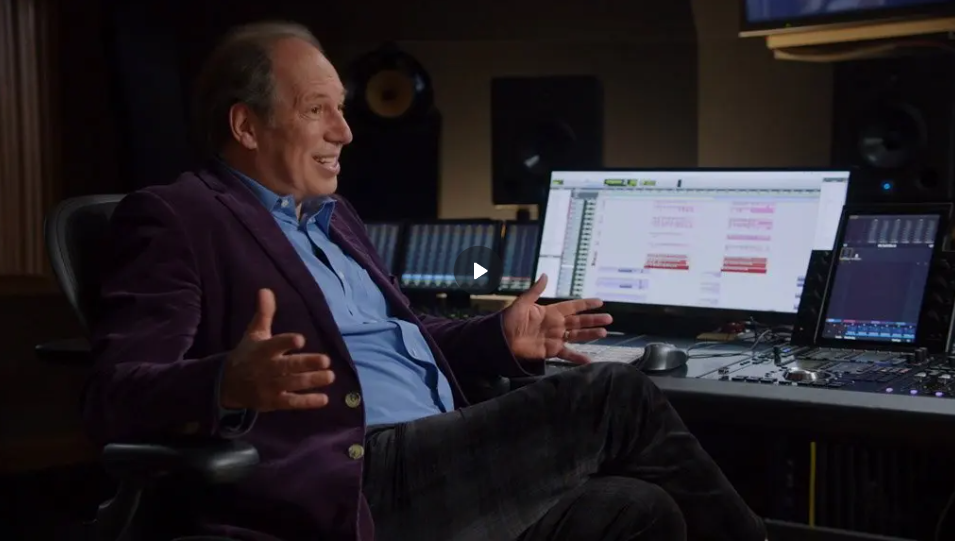
Zimmer explores the concept of tempo in film scoring, discussing its role in shaping the pace and mood of a scene. He demonstrates how variations in tempo can create tension, excitement, or tranquility, and shares techniques for selecting the right tempo to enhance storytelling.
12. Tempo: Sherlock Holmes Scene:
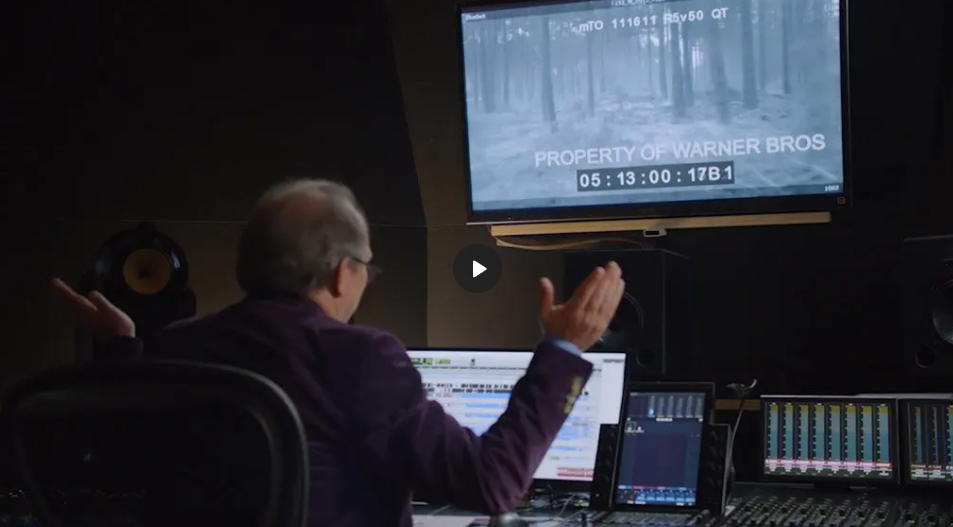
In this practical lesson, Zimmer provides a step-by-step analysis of his scoring process for a scene from “Sherlock Holmes.” He breaks down the tempo choices and musical cues used to enhance the suspense and action in the scene, offering valuable insights into his creative decision-making.
13. Music Diary: Sherlock Holmes:
Hans Zimmer invites students into his creative process by sharing his “music diary” for the film “Sherlock Holmes.” He discusses his initial inspirations, musical sketches, and revisions, providing a behind-the-scenes look at the evolution of the film’s score.
14. Character:
Zimmer explores the role of music in shaping character identities and motivations in films. He discusses how musical themes and motifs can be used to underscore character development and create emotional connections with the audience.
15. Character Theme: Batman:
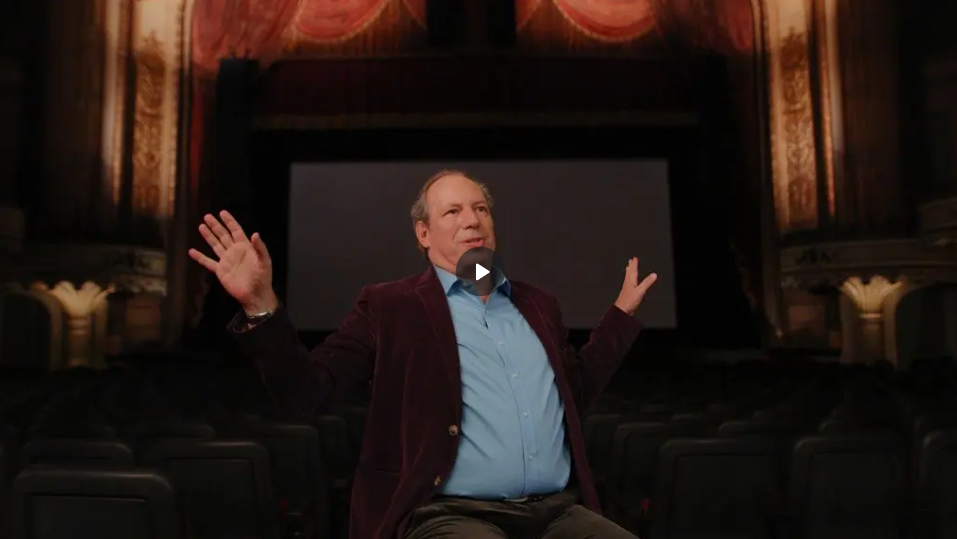
Using the character of Batman as a case study, he delves into the process of crafting a memorable character theme. He analyzes the thematic elements and musical motifs used to represent Batman’s persona and discusses their significance within the broader context of the film.
16. Character Theme: The Joker:
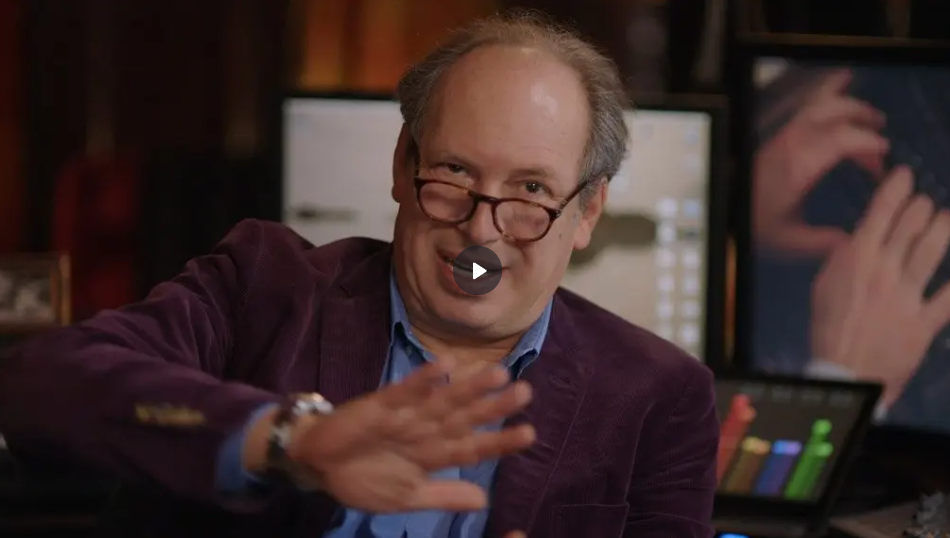
In this lesson, Zimmer shifts focus to the character of The Joker, exploring the unique musical elements used to characterize this iconic villain. He discusses the creative choices behind The Joker’s theme and its psychological impact on the audience.
17. Character Theme: Jack Sparrow:
Zimmer examines the character theme of Jack Sparrow from the “Pirates of the Caribbean” franchise, dissecting the musical motifs and orchestrations that capture the essence of this beloved pirate character. He discusses the interplay between music and character development in creating a compelling cinematic experience.
18. Case Study: Frost/Nixon:
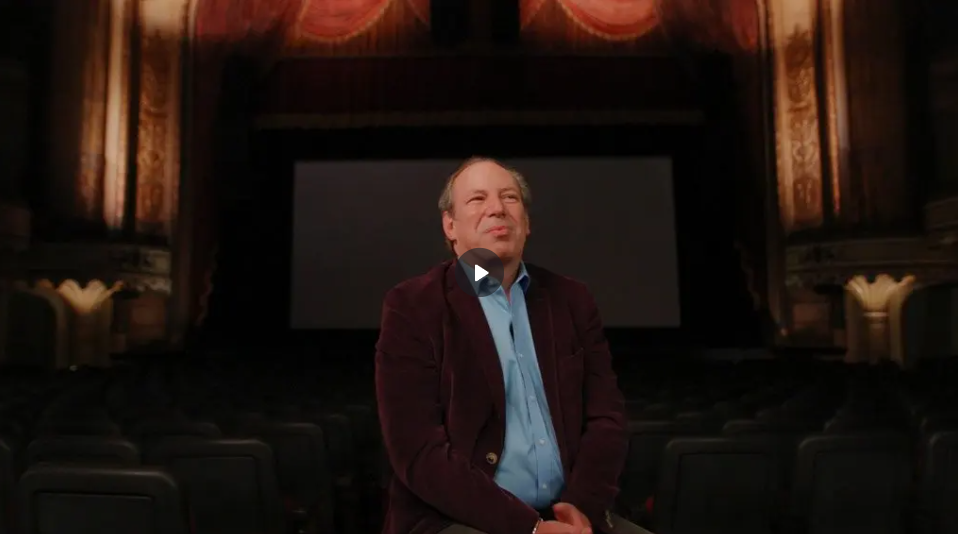
Zimmer presents a case study of his work on the film “Frost/Nixon,” offering insights into the creative process of scoring a historical drama. He discusses the thematic elements, musical motifs, and narrative considerations that influenced his approach to the film’s score.
19. Case Study: The Dark Knight:
Building on the previous case study, Zimmer delves into his acclaimed work on “The Dark Knight,” focusing on the character of Batman and the film’s intense action sequences. He discusses the musical techniques used to heighten tension and drama throughout the film, providing valuable lessons in scoring for blockbuster action films.
20. Working With Musicians:
Hans Zimmer shares his experiences and insights into collaborating with musicians and orchestras in the studio. He discusses the importance of communication, rehearsal techniques, and artistic collaboration in achieving a cohesive and dynamic musical performance.
21. Working With Musicians: The Orchestra – Part 1:
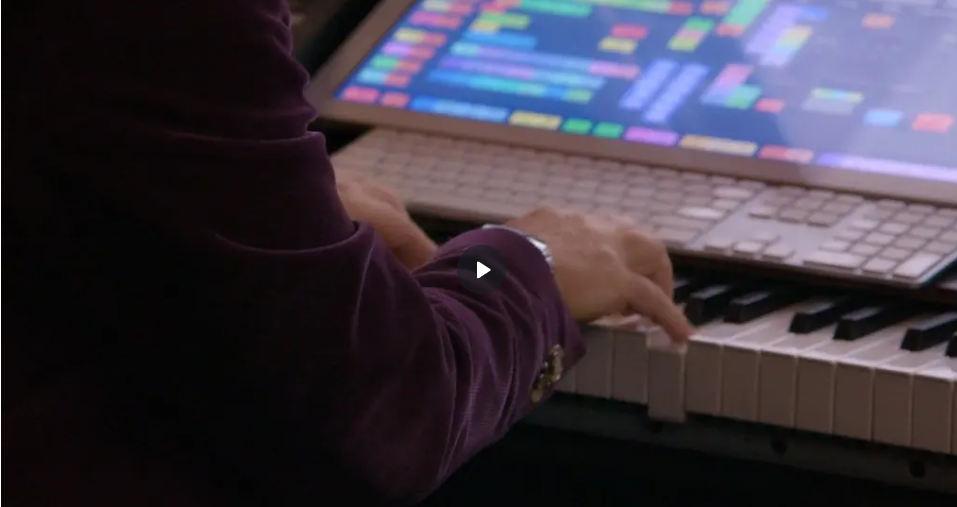
In this two-part lesson, Zimmer provides a comprehensive overview of working with orchestras in film scoring. He discusses the roles of different instruments, orchestration techniques, and rehearsal strategies to achieve the desired musical effect.
22. Working With Musicians: The Orchestra – Part 2:
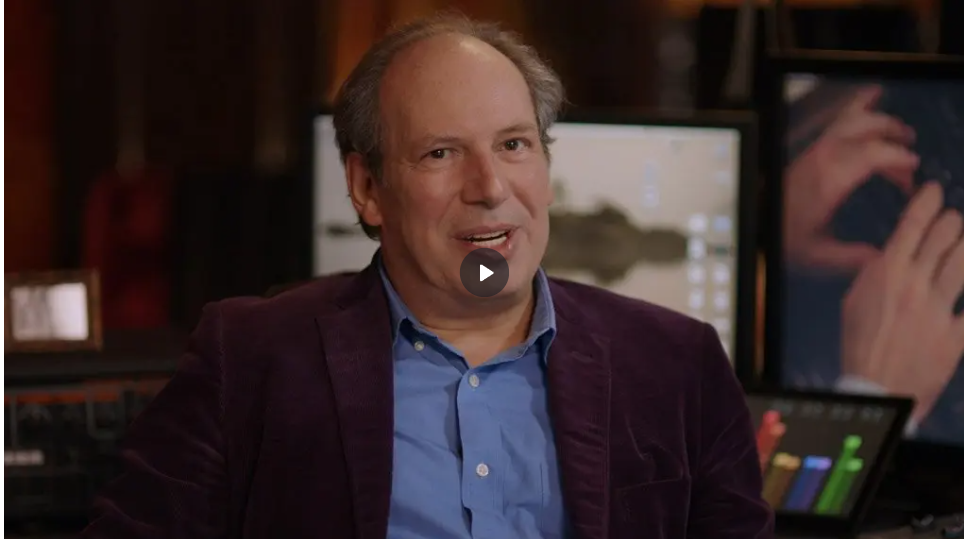
Building on the previous lesson, Zimmer continues his exploration of orchestral scoring, focusing on advanced orchestration techniques, conducting principles, and artistic interpretation. He shares practical tips and tricks for maximizing the impact of orchestral performances in film scoring.
23. Feedback & Revisions:
Zimmer discusses the importance of receiving feedback and making revisions in the creative process of film scoring. He shares strategies for soliciting constructive feedback from collaborators and incorporating revisions to enhance the final score.
24. Audience Feedback:
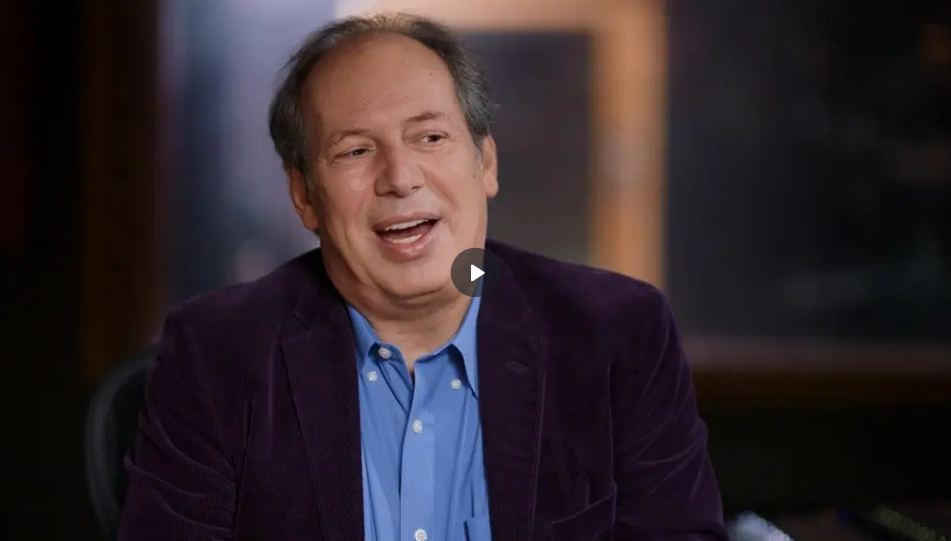
In this lesson, Zimmer explores the role of audience feedback in shaping the creative decisions of composers. He discusses the significance of audience reactions and perceptions in evaluating the effectiveness of a film’s score and shares anecdotes from his own experiences.
25. Writing Tips: Part 1:
Hans offers practical writing tips and techniques for aspiring composers, covering topics such as melody writing, harmonic progression, and musical structure. He shares his insights into the creative process of composition and provides exercises for developing musical ideas.
26. Writing Tips: Part 2:
Building on the previous lesson, Zimmer delves deeper into advanced writing techniques, exploring topics such as counterpoint, orchestration, and thematic development. He shares additional tips and tricks for refining compositions and achieving artistic excellence in film scoring.
27. Hans’ Journey:
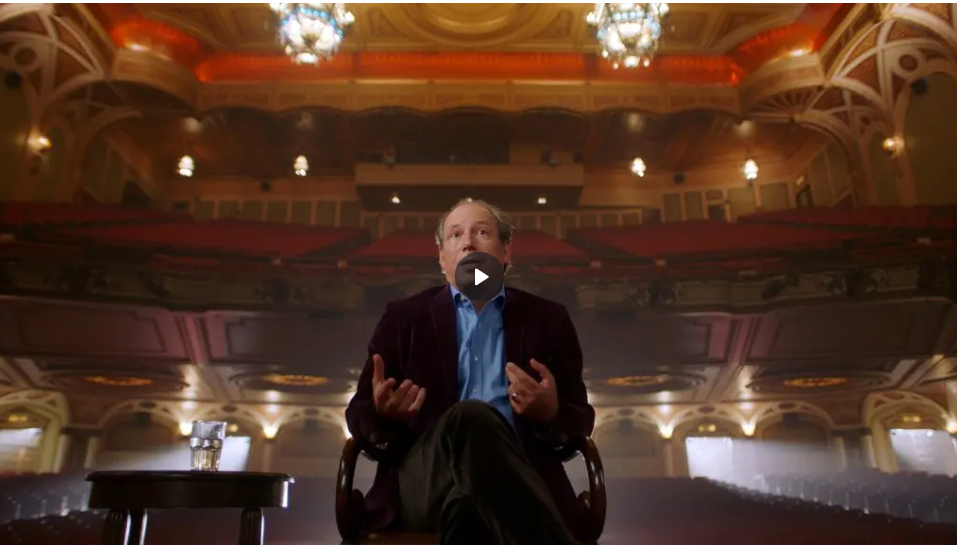
Zimmer reflects on his personal journey as a composer, sharing anecdotes, challenges, and triumphs from his career. He discusses the evolution of his musical style, the influences that have shaped his work, and the lessons he’s learned along the way.
28. Learning by Listening:
He emphasizes the importance of active listening as a tool for learning and inspiration in film scoring. He shares his favorite film scores and composers, dissecting key musical elements and discussing their impact on his own creative process.
29. Life of a Composer: Part 1:
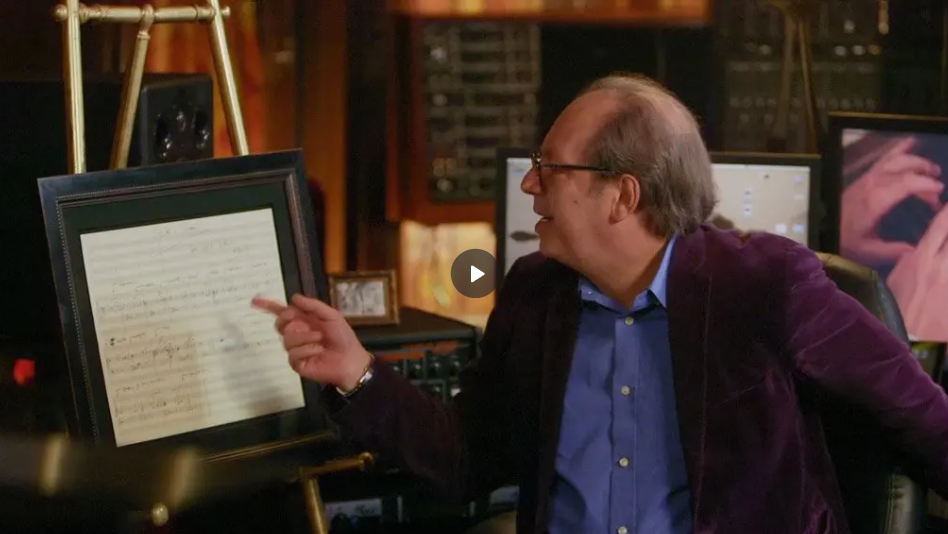
In this two-part lesson, Hans offers a behind-the-scenes look at the life of a composer in the film industry. He discusses the challenges and rewards of working in a fast-paced, collaborative environment, sharing insights into the day-to-day responsibilities and creative processes of composers.
30. Life of a Composer: Part 2:
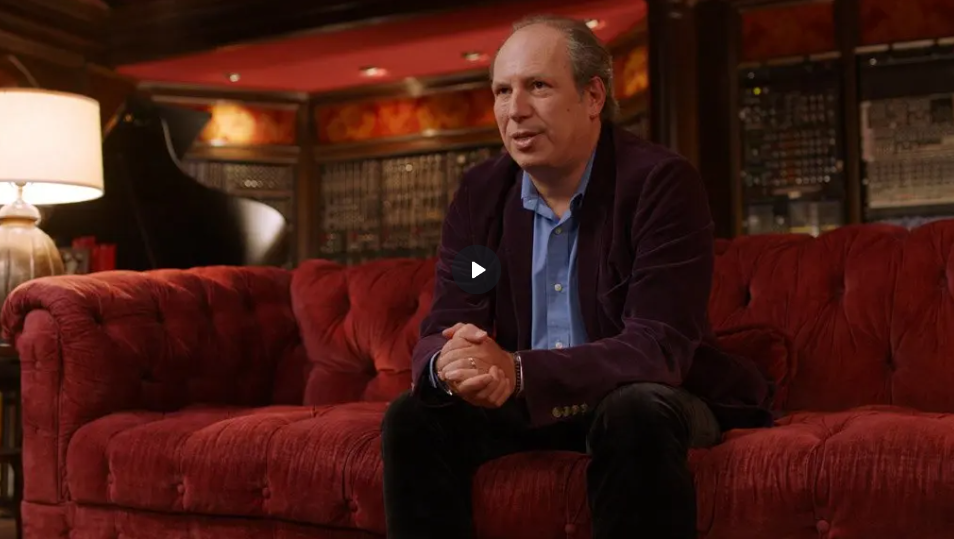
Building on the previous lesson, Zimmer continues his exploration of the life of a composer, focusing on topics such as time management, career development, and navigating the business side of the industry. He shares practical advice and personal anecdotes to inspire aspiring composers on their own creative journey.
31. Closing:
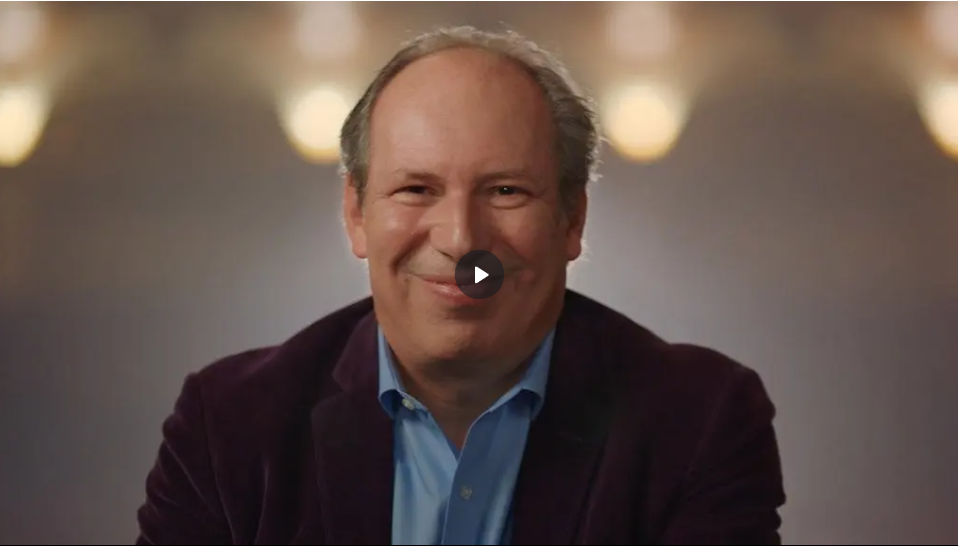
Hans concludes the MasterClass with a final reflection on the lessons learned and the journey ahead for aspiring composers. He offers words of encouragement and wisdom, encouraging students to continue honing their craft and pursuing their passion for music and film scoring.
My Opinion: What I Like About the Hans Zimmer MasterClass
I found several aspects of this MasterClass particularly impressive and beneficial. Here’s what I liked about the Hans Zimmer MasterClass:
1. You Learn from a Legend:
Having the opportunity to learn from Hans Zimmer himself is a privilege. Zimmer’s legendary status in the world of film scoring brings unparalleled credibility and expertise to the MasterClass. His insights, anecdotes, and practical demonstrations offer invaluable lessons that aspiring composers won’t find anywhere else.
2. Practical Demonstrations:
One aspect of the MasterClass that I particularly appreciated is the abundance of practical demonstrations. Zimmer doesn’t just talk about theory; he provides real-world examples and walks students through his creative process step by step. From analyzing scenes to composing thematic motifs, the practical demonstrations offer a hands-on learning experience that enhances understanding and retention.
3. Insight into the Creative Process:
Another highlight of the Hans Zimmer MasterClass is the insight it provides into Zimmer’s creative process. Zimmer shares personal anecdotes, challenges, and triumphs from his career, giving students a glimpse into the mindset of a master composer. Understanding the thought process behind Zimmer’s iconic scores adds depth and context to the lessons and inspires students to approach their own compositions with creativity and passion.
4. High Production Value:
The production quality of the MasterClass is top-notch. The videos are beautifully filmed and edited, with clear audio and visuals that enhance the learning experience. The high production value adds professionalism and polish to the content, making it engaging and enjoyable to watch.
My Opinion: What Could Be Improved in the Hans Zimmer MasterClass
I have to say that I’m amazed by this MasterClass, since the content and value Hans is putting in only a ‘small’ course is just amazing. But, if I have to look at it with a critical eye, I’d say he could improve some things.
1. Diverse Perspectives:
While the Hans Zimmer MasterClass offers valuable insights from a legendary composer, incorporating perspectives from other industry professionals could provide a more well-rounded understanding of film scoring. Including guest lectures or interviews with additional composers, directors, or sound designers could offer diverse perspectives and approaches to film scoring, enriching the learning experience for students.
2. Additional Resources:
While the video lessons in the Hans Zimmer MasterClass are comprehensive, providing additional resources such as downloadable worksheets, reading materials, or supplemental videos could further enrich the learning experience. These resources could serve as reference materials for students to revisit key concepts or explore topics in more depth beyond the scope of the video lessons.
MasterClass Pricing: How Much Does the Hans Zimmer MasterClass Cost?
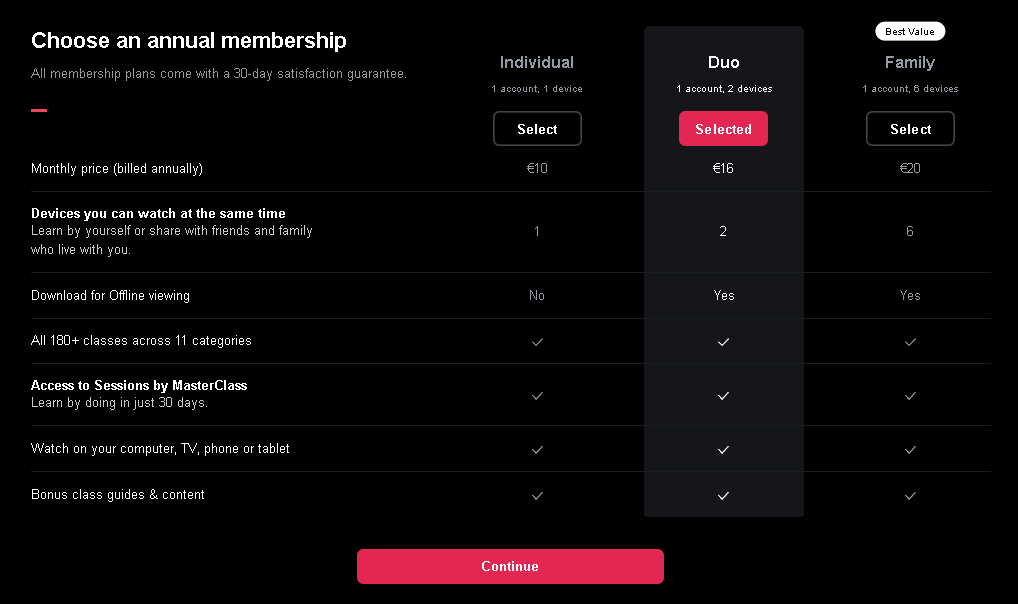
If you’re considering diving into the world of film scoring with the Hans Zimmer MasterClass, understanding the pricing structure is key. MasterClass offers subscription plans that are billed annually, and here are the available options:
- Individual Plan (1 user): $10 per month (billed annually)
- Duo Plan (2 users): $16 per month (billed annually)
- Family Plan (6 users): $20 per month (billed annually)
While committing to an annual payment might seem like a big step, it’s essential to recognize the value you’ll receive.
With the subscription, you not only gain access to the Hans Zimmer MasterClass but also to a diverse range of classes from various experts across different fields. From learning about business with Kris Jenner to negotiation tactics with Chris Voss, and even Youtube skills from Ninja, there’s a wealth of knowledge at your fingertips.
Even if you only explore a few classes, the cost per class is quite reasonable. And if you team up with friends or family for the Duo or Family Plan, the cost per person becomes even more affordable.
MasterClass provides a 30-day refund policy, allowing you to explore the platform risk-free.
So, whether you’re a beginner or an experienced composer, the Hans Zimmer MasterClass offers an invaluable opportunity to enhance your skills and creativity in film scoring.
Check out my Best MasterClass classes article to see which courses you can enroll in.
Who Is This Course Made For?
Understanding the target audience for the Hans Zimmer MasterClass is crucial for determining its suitability for your learning objectives. The Hans Zimmer MasterClass on Film Scoring is suitable for a diverse audience, including:
- Aspiring Composers:
- Whether you’re a novice musician or an experienced composer, this MasterClass provides valuable insights and techniques for creating impactful film scores.
- Film Enthusiasts:
- If you’re passionate about movies and interested in understanding how music enhances cinematic experiences, this course offers a fascinating behind-the-scenes look at film scoring.
- Music Students and Professionals:
- Music students and professionals seeking to deepen their understanding of composition, orchestration, and music production will find Zimmer’s expertise invaluable.
- Creative Professionals:
- Professionals in creative fields such as filmmaking, advertising, and multimedia production can benefit from learning how to effectively incorporate music into their projects.
Verdict: Is the Hans ZimmerMasterClass Worth It?
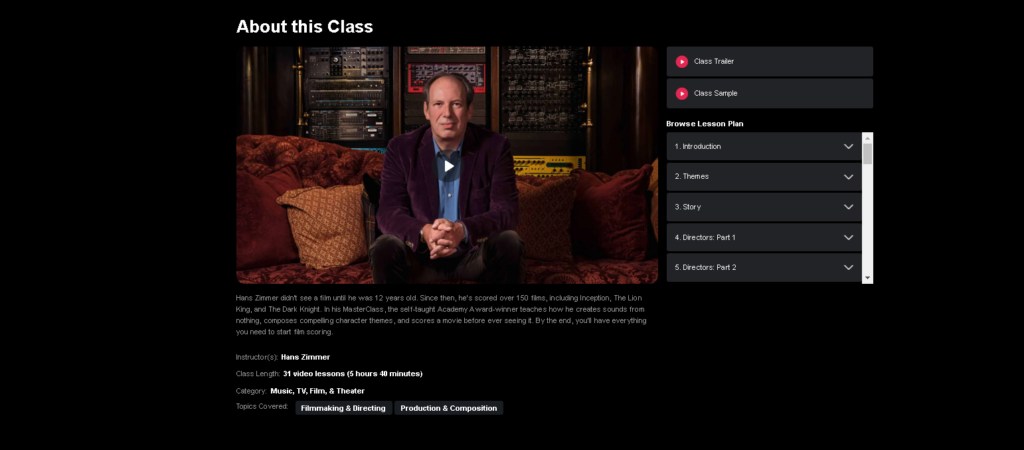
After exploring the content, pricing, and target audience of the Hans Zimmer MasterClass, the ultimate question remains: is it worth investing your time and money in this course?
Let’s weigh the pros and cons to determine if the Hans Zimmer MasterClass is worth it.
Pros:
- Expert Instruction from Hans Zimmer
- Comprehensive Curriculum Covering Key Aspects of Film Scoring
- High Production Value Enhancing Learning Experience
- Access to a Diverse Range of Classes on the MasterClass Platform
Cons:
- Pricing may be a Deterrent for Some
- Limited Interactivity with Pre-Recorded Video Lessons
Verdict:
Overall, the Hans Zimmer MasterClass offers a wealth of knowledge and insights into the art of film scoring, making it a worthwhile investment for aspiring composers, film enthusiasts, music students, professionals, and creative individuals.
The opportunity to learn from a master like Hans Zimmer, coupled with the comprehensive curriculum and high production value, provides significant value for those seeking to enhance their skills in film scoring.
However, the pricing may be a barrier for some, so it’s essential to weigh the cost against the potential benefits and consider MasterClass alternatives if necessary.
What you’ve got to remember is that by getting a MasterClass subscription, you’re not only getting this one MasterClass, you get access to over 200 other MasterClasses (Check out my Best MasterClass Classes article).
Ultimately, if you’re passionate about film scoring and eager to learn from one of the best in the industry, the Hans Zimmer MasterClass is likely worth it.
Wrap Up
In wrapping up, the Hans Zimmer MasterClass is an incredible chance for anyone who loves music and movies. With the guidance of Hans Zimmer himself, you’ll dive deep into the world of film scoring and come out with a wealth of knowledge and inspiration.
Throughout the lessons, you’ll learn all sorts of things about creating music for films. From understanding different themes and styles to learning how to work with directors and musicians, the MasterClass covers everything in an easy-to-follow way. Plus, the videos are really well-made, so you’ll enjoy watching them.
Now, let’s talk about the cost. While the price might seem a bit high for some people, especially if you’re on a tight budget, the quality of the class makes it worth it. You’re not just paying for a bunch of videos – you’re investing in your education and getting the chance to learn from one of the best in the business.
One thing to keep in mind is that you won’t be able to talk to Hans Zimmer directly or ask him questions in real-time. But even though you can’t interact with him, you’ll still get a lot out of the course. There’s so much valuable information packed into each lesson that you’ll be busy learning and practicing for hours.
So, if you’ve ever dreamed of creating music for movies or just want to learn from a master like Hans Zimmer, the Hans Zimmer MasterClass is definitely worth it.
Don’t let the opportunity pass you by – sign up today and start your journey to becoming a great composer for films!
Frequently Asked Questions (FAQ)
1. Is there a refund policy for the Hans Zimmer MasterClass?
MasterClass offers a 30-day refund policy for all its courses, including the Hans Zimmer MasterClass. If you’re not satisfied with the course content within the first 30 days of enrollment, you can request a refund, no questions asked. This allows students to explore the platform risk-free and determine if the course meets their expectations.
2. Who is the Hans Zimmer MasterClass suitable for?
The Hans Zimmer MasterClass is suitable for a wide range of individuals, including aspiring composers, filmmakers, music students, professionals in creative fields, and anyone interested in learning about the process of film scoring. Whether you’re a beginner or an experienced musician, the MasterClass offers valuable lessons and inspiration for enhancing your skills in composing music for movies.
3. How does the Hans Zimmer MasterClass work?
Upon enrolling in the Hans Zimmer MasterClass, students gain access to a series of pre-recorded video lessons hosted on the MasterClass platform. These lessons cover various topics related to film scoring, with Hans Zimmer providing instruction, insights, and practical demonstrations. Students can watch the lessons at their own pace and revisit them as needed.
4. What topics are covered in the Hans Zimmer MasterClass curriculum?
The curriculum of the Hans Zimmer MasterClass includes a comprehensive range of topics essential for understanding film scoring. This includes lessons on themes, storytelling, working with directors and musicians, composition techniques, orchestration, and real-world case studies. The lessons offer a holistic overview of the creative process behind composing music for movies.
5. How long is the Hans Zimmer MasterClass?
The Hans Zimmer MasterClass consists of 31 video lessons, totaling over 5 hours and 40 minutes of content. Each lesson varies in length and covers a specific aspect of film scoring, allowing students to gain a comprehensive understanding of the subject matter.

